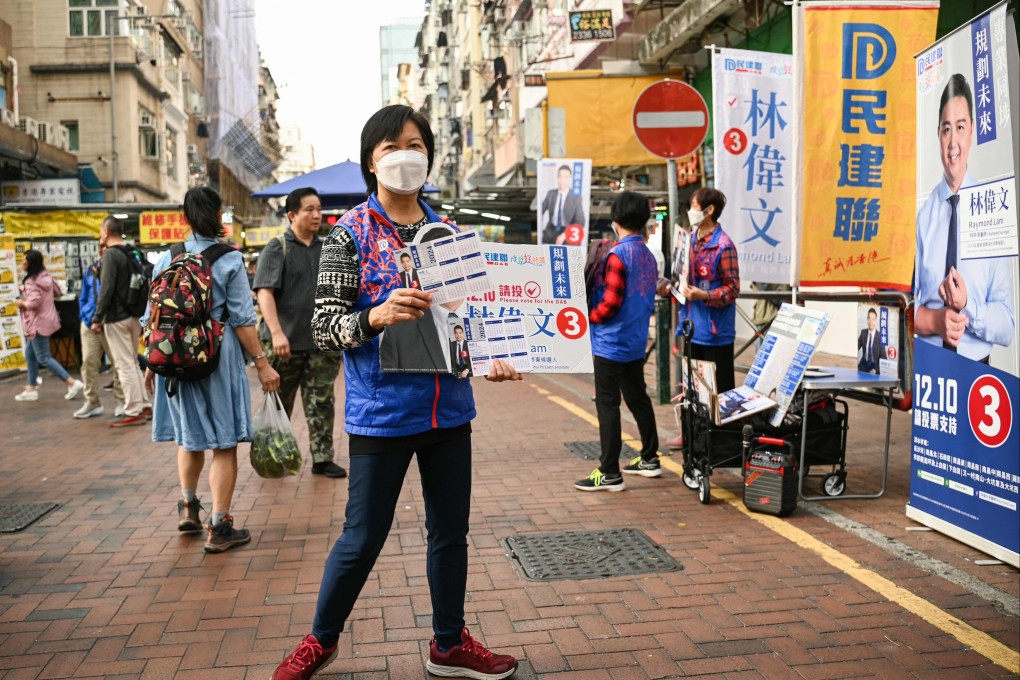Advertisement
Letters | District council election: Hong Kong must show we care about our voting rights
- Readers discuss the reasons the district council election still matters, improving the formula for deciding on bus frequencies, the lack of trolleys at check-in counters, and the continuing Gaza war
Reading Time:3 minutes
Why you can trust SCMP
1

Feel strongly about these letters, or any other aspects of the news? Share your views by emailing us your Letter to the Editor at [email protected] or filling in this Google form. Submissions should not exceed 400 words, and must include your full name and address, plus a phone number for verification.
The district council election is one day away. Should we care? With the reforms to district councils, only 88 out of 470 seats will now be directly elected by Hongkongers.
To be eligible for election, candidates for a district need to secure nominations from each of three district-level bodies (the District Fight Crime Committee, the District Fire Safety Committee and the Area Committee). These committees mostly consist of pro-establishment political figures, hindering some parties in securing enough nominations to participate.
Advertisement
Should we still vote in such an election when direct public participation in district administration has been greatly reduced?
Although most of the eligible candidates are from the pro-establishment camp, competition still exists. For example, for Sha Tin district, 14 eligible candidates are competing for votes to win eight seats.
Advertisement
Although they are all considered patriots, their respective political parties often seek to represent voters from different backgrounds, ideologies and social classes. In contrast with the highly politicised 2019 election, candidates are no longer evaluated merely on their political stance on the extradition bill, which is irrelevant to district administration.
Advertisement
Select Voice
Choose your listening speed
Get through articles 2x faster
1.25x
250 WPM
Slow
Average
Fast
1.25x